
Community-Led Actions to restore Danube-Black Sea Waters
Contact: SoS2LearnDBS
The eLTER Market Place connects researchers looking for data with eLTER Site and Platform Coordinators who can offer a wealth of long-term observation data from their Sites and Platforms. It enables and promotes pan-European and/or habitat-specific research, new research collaborations, and contributions to national and European research projects.
If you are a researcher looking for long-term observational data from all over Europe, the eLTER Market Place enables you to reach hundreds of eLTER Sites and Platforms. Please contact us (office@elter-ri.eu) and we will publish your data requests.
If you are an eLTER Site and Platform Coordinator, the Market Place lists data and project calls as well as other opportunities for project contributions that may be of interest to you.

Contact: SoS2LearnDBS
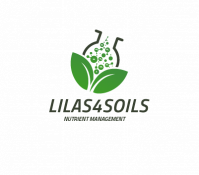
Contact: LILAS4SOILS

General enquiries and clarifications related to this Call: info@eurolakes.eu

Contact: info@ferroproject.eu

Contact: dll@danubelifelines.eu

Contact: SoilCrates
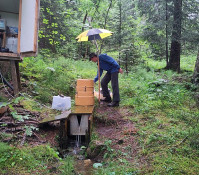
Peter Waldner peter.waldner@wsl.ch
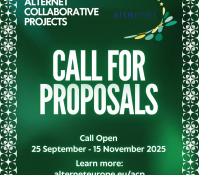
Tyler Kulfan secretariat@alterneteurope.eu

Contact: forwards@efi.int
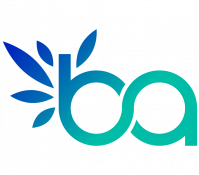
Contact: BioAgora Project Team
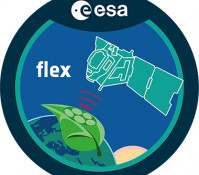
Contact: European Space Agency

Contact:Christian Siebert

Contact: Schechner, Anne

Contact: Agroecology Partnership

Contact: opencall[at]dto-bioflow.eu



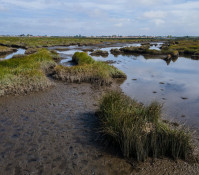
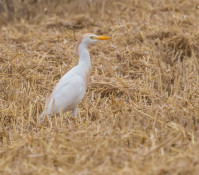

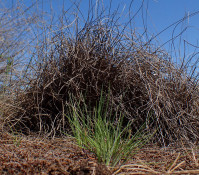
Franziska Taubert / BioDT Project


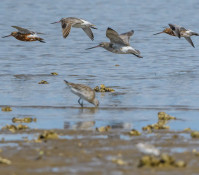
Peter Haase/ Carlos Cano-Barbacil
By providing data, you can contribute to national and international research projects, grow your professional network, and reap a variety of benefits ranging from co-authorship in publications to invitations to conferences and call-related events, as indicated in the respective calls.
Please follow the instructions provided when clicking the green ‘Submit your data’ button in the respective call.
If you want to mobilise data without a direct connection to a call, please follow the same instructions provided in the publicly accessible eLTER Wiki entry here.
Researchers making data requests or offering opportunities for project contributions are asked to always provide incentives for Site and Platform Coordinators. Options for such incentives are: co-authorship, an acknowledgement in data/research papers, funding, an acknowledgement in social media or other media, an invitation to events related to the call, citation of a dataset, co-authorship for people involved in data collection, and scientific involvement. Please check each call for the offered incentives and clarify the specifics with the data requesters at the onset of your collaboration.
These calls and offers will be…
published on the eLTER Market Place (this page),
regularly emailed to all Site and Platform Coordinators,
regularly communicated during eLTER Site and Platform meetings,
published in the eLTER Newsletter,
shared on eLTER social media.
eLTER Sites and Platforms collect a wide range of data from the atmosphere, geosphere, hydrosphere, biosphere, and sociosphere. An overview of all eLTER Standard Observations is here (link to upcoming SO page). An example of available datasets at site level is here. For more information on the development of eLTER Standard Observations, see here.
Can’t find the data you are looking for? Please inquire at office @ elter-ri.eu
If you have a data request, we ask you to fill in this Data Requests Template and email it to office(at)elter-ri.eu.
If you want to publish a project requesting contributions, please email us at office(at)elter-ri.eu.
eLTER will review your request / offer and get in contact with you in case of unclarities. After positive evaluation, you will be notified and the request is published on the eLTER Market Place and regularly advertised.
As data requester, it is your responsibility to communicate openly and clearly with the data provider for what purposes and by whom (if not yourself) the data will be used, where and how the data/results will be published, to provide updates on project progress, and to ensure that the data provider receives the incentive(s) advertised on the eLTER Market Place.
These calls and offers will be…
published on the eLTER Market Place (this page),
regularly emailed to all Site and Platform Coordinators,
regularly communicated during eLTER Site and Platform meetings,
published in the eLTER Newsletter,
shared on eLTER social media.
The data provided by you will be used by the issuer of the data request. The issuer of the data request is responsible to inform you about project progress and outcome, and will be in contact with you, as the data provider, to discuss the research done in detail as well as site-specific data issues. eLTER will publish only metadata of the provided data in the eLTER Data Asset Register, but data itself will not be published or made available outside the project consortium without consent from the data provider.
eLTER requires issuers of data calls to follow the common publishing rules, which indicate that all persons who have contributed significantly to a data set should be offered co-authorship. Data providers are encouraged to clarify the authorship and acknowledgement of all contributors to the provided data sets at the beginning of the collaboration.
eLTER will monitor and manage the calls and will answer questions on the general status of the calls. The issuer of the data request will answer specific questions and is responsible to inform you about the progress and outcome of the project. Outcomes from the calls, such as scientific publications, are provided in the ‘Outcomes’ section of each call on the eLTER Market Place. If you are aware of project outcomes not included on the eLTER Market Place, please inform us at office(at)elter-ri.eu.
The below list will be updated with outcomes from data and project calls published on the Market Place. If you are aware of publications or other outcomes resulting from previous calls on the Market Place that are not listed here, please let us know at office@elter-ri.eu